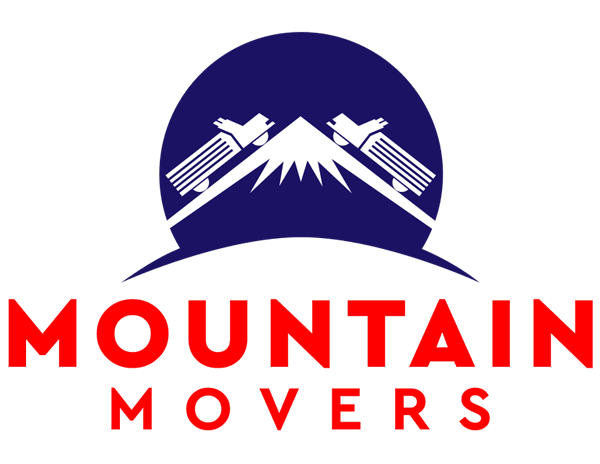Hiring a local relocation company means understanding what is considered a local move and the key factors that define it. Most moves within a 50-mile radius fall into this category, though this can vary by company and location. Knowing the distance limits, timing, required services, and regulations helps you plan better. Cost factors play a big role in your decision-making process. Getting familiar with these details makes your relocation simpler and more organized.
Distance Requirements
Planning your move starts with understanding distance limits. Most companies define what is considered a local move as any relocation within 50 miles of your starting point. This radius can change based on your moving company’s policies or regional rules. Ask your movers upfront about their specific distance guidelines to avoid confusion later. Knowing these boundaries helps you get accurate quotes and prevents unexpected charges on moving day.
Timeframe Considerations
Timing matters when you’re relocating. Think about the season, mover availability, and your own schedule. Book your movers early, especially during busy months like summer. Weekends and month-ends often get packed with moves, so picking a mid-week or mid-month date can save you money and hassle—factor in time for packing, loading, driving, and unpacking when you set your moving date. Being flexible with your timeline makes the whole process less stressful.
Scope of Services Needed
Figure out what help you need before contacting movers. Consider packing help, disassembling and reassembling furniture, relocating specialty items, addressing storage needs, and additional tasks like cleaning. If you have fragile or valuable items, please inquire about special handling and insurance options to ensure their protection. Be clear with your moving company about what you expect. Knowing your needs upfront helps you pick the right mover for your situation and prevents problems on moving day.
Local Regulations and Permits
Check your city’s rules before moving day to stay compliant and avoid fines. Here’s what to look into:
- Permit Requirements: Determine if you require permits for moving trucks or parking.
- Noise Restrictions: Some areas have noise restrictions during specific hours, which can impact your schedule.
- Parking Restrictions: Be aware of the designated parking areas for the moving truck at both locations.
- Weight Restrictions: Some roads have weight limits that affect your route.
- Time Restrictions: Be aware of time rules for moving activities to dodge penalties.
Cost Factors to Evaluate
Get quotes from several moving companies and compare their prices. Distance, the amount of belongings, extra services such as packing or storage, and the moving season all affect your total cost. Determine whether full-service help aligns with your budget or if doing it yourself is a more cost-effective option. Understanding these costs helps you plan more effectively and avoid unexpected expenses. Select the option that best suits both your needs and your budget.
Additional Considerations for Local Moves
Plan the logistics carefully for a smooth transition. Here are some things to handle:
- Scheduling: Pick a day and time that works for both you and your movers.
- Packing Supplies: Get boxes, tape, bubble wrap, and markers ready ahead of time.
- Labeling: Mark each box with its contents and the corresponding room.
- Utilities: Set up disconnection at your old place and connection at your new home for moving day.
- Parking: Arrange truck parking at both addresses to facilitate easier loading and unloading.
Related Topics:

